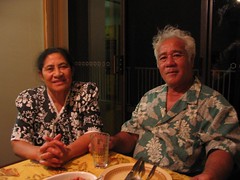Book Reviews: Explorers Eye, The Map Book & Remarkable Maps
As Michael Palin laments in the introduction to The Explorer's Eye : First-Hand Accounts of Adventure and Exploration
Of course, there's space and there are the deepest recesses of the ocean. But those aren't places you're likely to go with just a compass and a flask of whisky.
And yet there's still something in mankind - particularly the men of mankind - that wants to go boldly where no one has gone before. Hence the reason I watch three episodes in a row of Star Trek in my pyjamas and seriously imagine I could command a starship, while the dishes remain undone.
But I digress.
What's interesting about all the great explorers - Cook, Shackleton, Scott, Livingstone, Cousteau - is what they discovered about themselves. About humanity.
And that's what The Explorer's Eye is really about - the journeys of exploration, whether for the North-West Passage or the moon, hold up a mirror to the human imagination, saying, like Joey Tribbiani, "How you doin'?"
Well, maybe not like Joey Tribbiani, but the mirror does ask us questions. How much can we take? Where are we headed? Why do we want to explore?
The Explorer's Eye gives you first hand accounts, including atrocious spelling and grammar, of some of the high and low points of explorers through the ages. With nice big photos it's just asking to be got for a Christmas present.
And then there are the two gigantic books that came out recently, The Map Book
What can I say? They're both huge, with fantastic pictures, and show some of the milestones on the way to mapping the world. These are about exploration, too, but instead of being at the front line, these maps, and the stories behind them, again show what's happening in the minds of the people, and nations, creating the maps.
On the back of Remarkable Maps is written: "Some of the maps assessed here - some beautiful, some technically brilliant - are lies. Interpretation not only of the cartograhic information given, but also of the mapmaker's motives and the political background, makes the story of cartography a model of all human endeavour and aspiration."
Indeed. So in this post-discovery world, let us continue to discover ourselves, and know our humanity both in its weakness and greatness. That is truly the final frontier.



